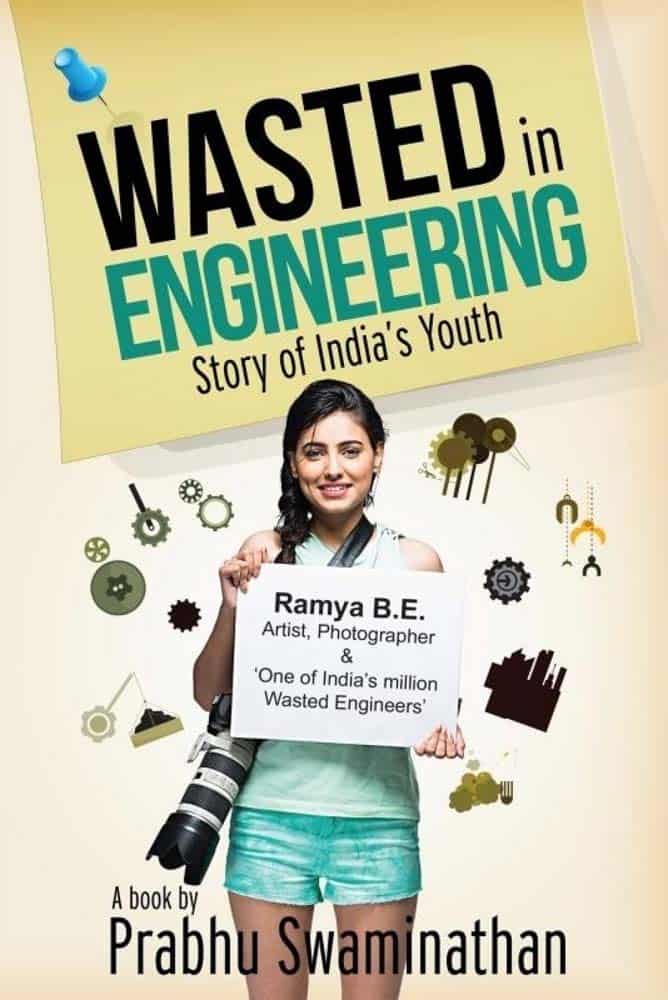RESEARCH: 2.5/5
RELEVANCE: 4/5
WRITING STYLE: 3.5/5
ENTERTAINMENT QUOTIENT: 3.5/5
“If you want something new, you have to stop doing something old”
Sadly these words uttered by the famous American Management Consultant and Management Guru Peter F. Drucker hardly ring true in the case of millions of engineering graduates that our country produces every year.
Every year millions of students try their hands at engineering and do so in the most archaic and outmoded way possible, cramming their way through semesters by studying the same old syllabus every year.
This, coupled with the fact that today most of the engineering colleges have just become centres of money-making rather than being centres of education, is indeed disheartening.
And what is more shocking is that parents and teachers are merely pushing their children into such courses and colleges without even considering their choices.
While for some an engineer child is a way out of poverty, for others it has become a status symbol.
Nobody bothers about what the child has to say. It is these millions of wasted engineers that India produces every year, which the author so passionately writes about.
Wasted In Engineering is like a counselling session for those who are just in their schools and have not yet decided which career path to take, or who have chosen their science streams and are preparing for their competitive exams.
Further, this book is also for those children who are forcefully being pushed into fulfilling the engineering dream of their parents.
Some students who may already have joined the course against their wishes and now chose to tread a different path will also be helped by this book as the author has words of advice for such people as well.
He also has words of wisdom for those who have already wasted the four years of young life only to realise that engineering is not their cup of tea.
By the way of his words, the author not only talks to children and students but also to parents, relatives, teachers and school managements.
He thus, very efficiently voices his concern for towards the futility of dragging young children into engineering against their choice and does so with great passion and care.
Overall, this book has something to offer to every child, every parent and every teacher.
For the clarity of concept and such smooth delivery of the message, I, therefore, rate the book three and half out of five stars and recommend to all concerned.
